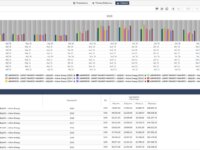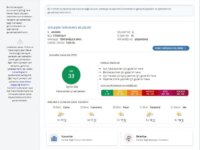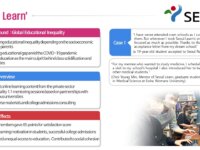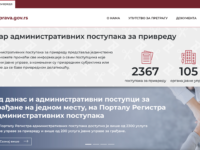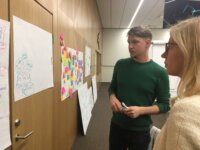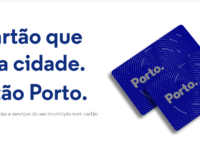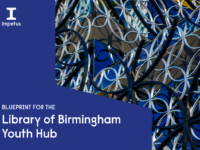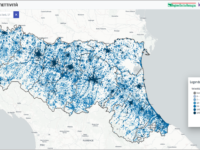Τhe Municipality developed a centralized Internet of Things (IOT) management platform with the ability to control, record and analyze power consumption data and other resources in buildings and other infrastructures, which can function as a smart city base for the Municipality. With it, the Local Authorities will be able to obtain documented data and prepare relevant analyzes for the purpose of certifying the Municipality and submit proposals for financing projects to reduce energy consumption.
Innovation Tag: Service Design
In order to provide citizens with access to many residence-related services from a single point, rather than having to access each service separately, "My Residence" was launched on 9 March 2021. Under the Digital Transformation Office, many services related to the residence address of citizens are offered via the e-Government Gateway by 9 central government institutions as well as municipalities and utility companies.
'Seoul Learn' is a project that provides equal educational opportunities to the vulnerable population that has difficulties in accessing educational resources due to socioeconomic reasons. Educational inequality in Korea has been identified as the main culprit behind generational poverty. The project offers various educational services via public platforms to prevent education from causing inequalities.
Citizens and businesses often face complex, expensive and non-transparent procedures in order to acquire licenses, permits or certificates, or to fulfill their obligation(s). To solve this issue, the Register of Administrative Procedures (RAP) and its public portal provide information about more than 2300 procedures for citizens and businesses within competences of more than 90 authorities in Serbia – all in one place. It makes public services easy, transparent, predictable and accessible…
In Estonia, there are a number of people who do not know how to speak the official language well enough. This prevents people from finding a better job, participating in Estonian cultural life, communicating with Estonians, and finding personal fulfilment. The goal of the project was to understand the needs of an adult language learner to then know how to organize language education for them so that it helps them better acquire the Estonian language. As a result, a common agreement that improves…
As part of a comprehensive strategy for the Digital Transformation of Health services in Greece, IDIKA which is a supervised body of the Ministry of Digital Governance, developed the myHealth mobile application. Via myHealth mobile app, citizens have access to their health data. MyHealth app introduces a set of modern health services to Greek citizens, reduces bureaucracy, ensures transparency, and lays the foundations for the development of new health and social security digital services.
The Porto Citizen Card is designed to identify residents, but above all to offer them privileged use of their city, advantages and benefits in accessing experiences and services of the Municipality. With 46,126 active users, the innovation combines a physical card with a digital platform that integrates a website, a cardholder database, and resources to support current and new services. By concentrating several municipal service access and resources in one card, Porto residents are more aware of…
Case Study
Cultural and technological transformation of the criminal justice service in the province of Buenos…
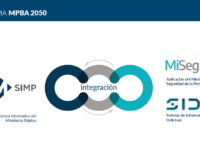
The innovation was developed to solve the difficulties encountered by citizens in accessing the criminal justice service and thus contribute to regenerating the confidence in the system. The cultural and technological transformation of this service increases the quality of the citizen's experience and the judicial agent involved. Buenos Aires' Public Prosecutor's Office applied emerging technologies and innovative management techniques and achieved a more agile, productive, and efficient…
The UK government launched a new “youth hub” offer of employment services to young people affected by the disruption of the covid-19 pandemic. Through four days of workshops with key stakeholders, which included engaging young people, Impetus ran a theory of change process to enable one of the flagship hubs to co-design their new service to best serve young people. This is the first time that Impetus has applied its theory of change tools, and its impact focus to a government policy…
Emilia-Romagna’s Digital Agenda led a significant innovation process for public administration decision-making. The process resulted in a co-design phase with local administrations to structure and publish online the first geo-referenced regional Observatory on ultra-broadband connectivity in Italy. Multi-stakeholder participation made it possible to identify and highlight the various strengths and weaknesses of the tool, enabling its optimisation.

